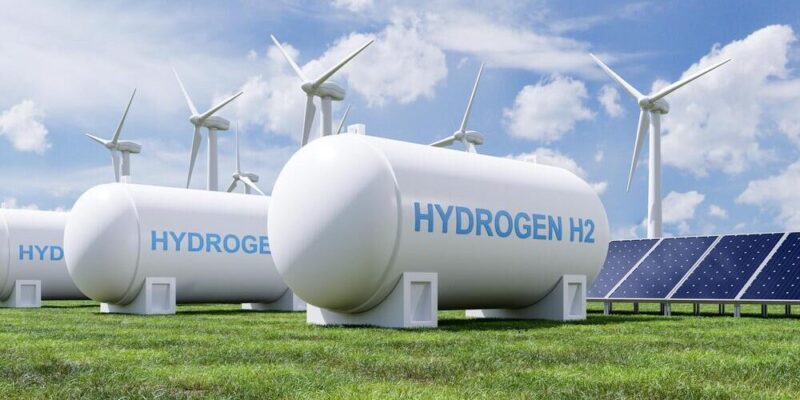Green hydrogen development company Hyphen Hydrogen Energy has signed a Memorandum of Understanding (MoU) with import-export company Itochu Corporation to explore areas for potential collaboration on sub-Saharan Africa’s first fully vertically integrated green hydrogen project in Namibia.
The agreement was signed on 8 August by Hyphen Hydrogen Energy CEO, Marco Raffinetti, and CEO of the Africa Bloc at Itochu Corporation, Shinya Ishizuka.
The signing ceremony was witnessed by Japan’s Minister of Economy, Trade and Industry, Nishimura Yasutoshi, and Namibia’s Minister of Mines and Energy, Tom Alweendo.
“Hyphen expects Japan to emerge as one of the key demand centers for green ammonia globally and we are delighted to have the opportunity to explore areas for collaboration with Itochu to unlock supply into this critical market,” Raffinetti stated, adding, “I firmly believe that Namibia has the potential to become a long-term strategic partner to Japan for the supply of green hydrogen, well beyond the scale of Hyphen’s project, given Namibia’s unique comparative advantages in green hydrogen production.”
The agreement aligns with the Namibian governments strategy to become a global green hydrogen production hub while offering the sub-Saharan African country a pathway towards carbon neutral energy development.
Furthermore, the collaboration falls in line with Hyphen Hydrogen Energy’s aspiration to position Japan as a pivotal demand center for green ammonia.
“With this collaborative development of green ammonia in Namibia, Itochu will aim to create a wide range of ammonia value chains in various existing industrial applications as well as for future energy use and will support our clients and industries in achieving low carbonization goals focusing on Japan, Asia and its surrounding markets,” Ishizuka stated.
In May 2023, Hyphen Hydrogen Energy signed a Feasibility and Implementation Agreement with the Government of Namibia for the development of the $10 billion green hydrogen project.
Expected to be operational before 2030, the flagship project is poised to produce two million tons of green ammonia annually and will witness the installation of approximately 3 GW of electrolyzers powered by 7 GW of renewable energy.
![]()




